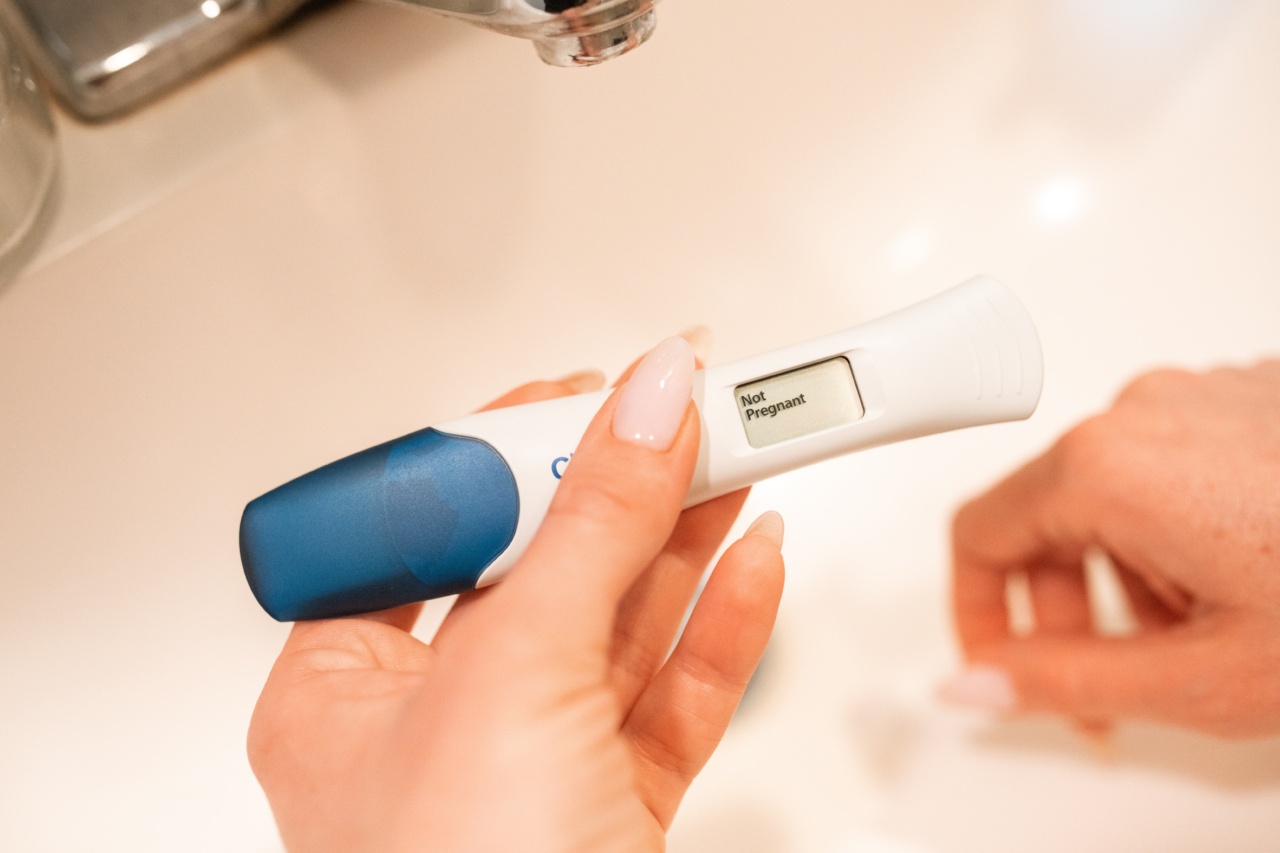Antioxidants play a crucial role in maintaining our overall health and well-being. These powerful compounds have gained significant attention for their ability to combat harmful free radicals and protect our body from various diseases and conditions.
In recent years, research has suggested that antioxidants may also have a positive impact on blood pressure and cholesterol levels, helping to reduce the risk of cardiovascular diseases. This article explores the link between antioxidants and their potential to lower blood pressure and cholesterol.
The Basics: Understanding Blood Pressure and Cholesterol
Before delving into the relationship between antioxidants and blood pressure/cholesterol, it’s essential to understand these two vital aspects of our health:.
1. Blood Pressure
Blood pressure refers to the force exerted by circulating blood on the walls of blood vessels. It is measured using two numbers – the systolic pressure over the diastolic pressure, expressed in millimeters of mercury (mmHg).
High blood pressure, or hypertension, occurs when the force of blood against the artery walls is consistently too high. This condition puts strain on the heart and blood vessels, increasing the risk of heart disease, stroke, and other cardiovascular problems.
2. Cholesterol
Cholesterol is a waxy substance found in the body, necessary for the production of hormones, vitamin D, and substances that help digest food.
However, having too much cholesterol, specifically LDL cholesterol (the “bad” cholesterol), can lead to the build-up of plaque in the arteries, narrowing them and restricting blood flow. This can increase the risk of heart disease, heart attack, and stroke.
The Protective Power of Antioxidants
Antioxidants are natural or synthetic substances that prevent or slow down oxidative damage caused by free radicals in the body.
Free radicals are highly reactive molecules that can cause cell damage and contribute to the development of chronic diseases, including cardiovascular diseases. Antioxidants neutralize these free radicals, helping to prevent or reduce their harmful effects and mitigate the risk of certain diseases.
Antioxidants and Blood Pressure
Research has shown that antioxidants may help lower blood pressure levels, potentially reducing the risk of hypertension and related complications. Here are a few ways antioxidants contribute to blood pressure regulation:.
1. Anti-inflammatory Effects
Chronic inflammation can contribute to high blood pressure by damaging blood vessel walls and impairing their ability to relax and contract properly.
Antioxidants, particularly those found in fruits, vegetables, and nuts, possess potent anti-inflammatory properties. By reducing inflammation, antioxidants help maintain healthy blood vessels and decrease the risk of hypertension.
2. Promotion of Nitric Oxide Production
Nitric oxide is a molecule naturally produced by the body, known for its ability to relax and widen blood vessels, resulting in improved blood flow.
Antioxidants, such as vitamin C, help promote nitric oxide production, which can help lower blood pressure and reduce strain on the cardiovascular system.
3. Regulation of Angiotensin-Converting Enzyme (ACE)
ACE is an enzyme responsible for converting angiotensin I to angiotensin II, a hormone that constricts blood vessels and raises blood pressure.
Some antioxidants, such as resveratrol found in grapes and berries, may inhibit the activity of ACE, resulting in lower blood pressure levels.
Antioxidants and Cholesterol
When it comes to cholesterol management, antioxidants have also shown promising results. Here’s how they contribute to healthier cholesterol levels:.
1. LDL Cholesterol Oxidation
LDL cholesterol becomes harmful when it becomes oxidized, leading to the formation of plaque in the arteries.
Antioxidants help prevent LDL cholesterol oxidation, reducing the risk of plaque formation and potentially improving overall cholesterol profiles.
2. Enhancement of HDL Cholesterol
HDL cholesterol, often referred to as the “good” cholesterol, plays a crucial role in removing excess cholesterol from the arteries and transporting it back to the liver for elimination.
Antioxidants can enhance HDL cholesterol functionality, promoting better cholesterol management and reducing the risk of cardiovascular diseases.
3. Reduction of Inflammation
Inflammation can also contribute to the development of high cholesterol levels by promoting the accumulation of plaque in the arteries.
Antioxidants’ anti-inflammatory properties help reduce inflammation, making it easier for the body to maintain healthy cholesterol levels and prevent plaque build-up.
Incorporating Antioxidants Into Your Diet
If you’re looking to harness the potential benefits of antioxidants in lowering blood pressure and cholesterol, consider incorporating the following antioxidant-rich foods into your diet:.
1. Berries
Blueberries, strawberries, raspberries, and other brightly colored berries are packed with antioxidants, including anthocyanins, which have been linked to improved cardiovascular health.
2. Dark Chocolate
Dark chocolate contains flavonoids, a type of antioxidant that promotes heart health. Opt for dark chocolates with at least 70% cocoa content for maximum benefits.
3. Leafy Green Vegetables
Kale, spinach, arugula, and other leafy greens are rich in antioxidants like lutein and zeaxanthin. They also provide essential nutrients, fiber, and other compounds beneficial for heart health.
4. Tomatoes
Tomatoes are a great source of lycopene, a powerful antioxidant known for its heart-protective properties. Cooked tomatoes and tomato products, such as tomato sauce or paste, have even higher lycopene levels.
5. Nuts and Seeds
Almonds, walnuts, chia seeds, and flaxseeds are excellent sources of antioxidants, healthy fats, and fiber. Regular consumption has been associated with lower cholesterol levels and reduced risk of heart disease.
6. Green Tea
Green tea contains catechins, a type of antioxidant that has been linked to improved heart health. Aim for several cups of green tea daily to reap its potential benefits.
7. Citrus Fruits
Oranges, grapefruits, lemons, and other citrus fruits are loaded with vitamin C, a potent antioxidant that may help reduce blood pressure and cholesterol levels.
8. Garlic
Garlic is rich in antioxidants, particularly sulfur compounds that have demonstrated potential in reducing cholesterol levels and improving overall heart health.
9. Olive Oil
Extra virgin olive oil is not only a heart-healthy cooking oil but also a source of powerful antioxidants called polyphenols. Its regular consumption has been associated with improved blood pressure and cholesterol profiles.
10. Red Wine
Moderate consumption of red wine, thanks to the antioxidant compound resveratrol, has been linked to various cardiovascular benefits, including improved blood pressure and cholesterol levels.
Conclusion
Antioxidants offer promising potential in lowering blood pressure and cholesterol, key risk factors for cardiovascular diseases.
By incorporating antioxidant-rich foods into your diet, you can harness their protective properties and support your heart health. However, it’s important to remember that diet alone cannot replace medical advice or treatment.
If you have concerns about your blood pressure or cholesterol levels, consult with a healthcare professional for a comprehensive evaluation and guidance.






























